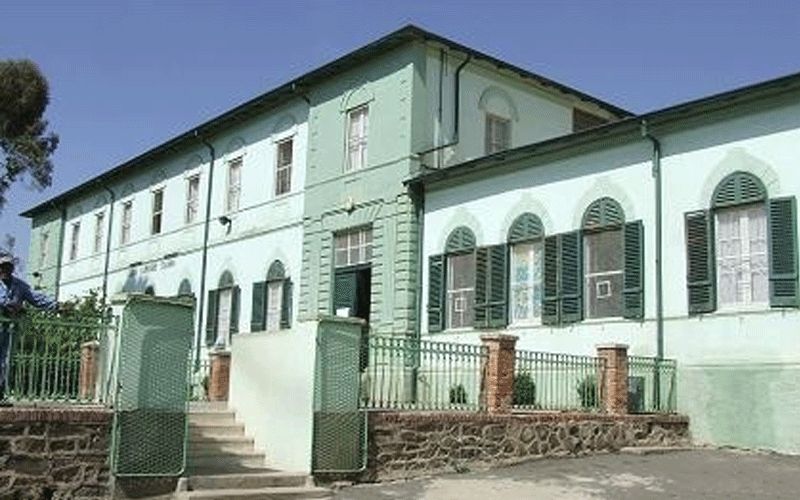The closure of the school is said to have risen from various challenges, among them the failure by the Italian government to appoint its members to the institution's mixed technical commission as required by the 2012 agreement.
That the Italian government did not appoint members as required “greatly annoyed” the Eritrean authorities who had already appointed their members.
“Furthermore, in past years, under the last three governments, Italy has approved a series of measures that have, in fact, emptied the institution of Italian personnel, creating shortages regarding the staff,” according to Agenzia Fides’ September 14 report.
The March decision by the Italian headteacher to conduct distance learning amid COVID-19 pandemic without informing the Asmara regime is reportedly the final trigger that led the Eritrean officials to close the institution.
“This was enough to irritate the Eritrean executive that decided to permanently close the school, revoking the license and withdrawing from the bilateral technical agreement of 2012,” the September 14 report indicates.
However, in a September 13 interview with an Eritrean newspaper, Italian Senator Aldo Di Biagio said that it is the Italian government that closed the school out of its own initiative and without informing Eritrean officials.
The Italian Senator said that the Eritrean government acknowledged the closure decision and subsequently withdrew the license.
For Rosy, a former student at the institution that offered various school levels such nursery, elementary, middle, high school (scientific high school, accounting, surveyors, social sciences high school), the closure decision is saddening.
“We studied in Italian but, at the same time, we took lessons in Amharic and Tigrinya (the languages of Ethiopia and Eritrea). We were taught to look at reality with an intercultural perspective,” she has been quoted as saying in the report.
She adds, “Closing the Italian school in Asmara is therefore like turning a blind eye to the world. This choice impoverishes everyone: the Italians, who lose an important presence in the Horn of Africa, and the Eritreans, who in those classrooms learned to think with different eyes."








